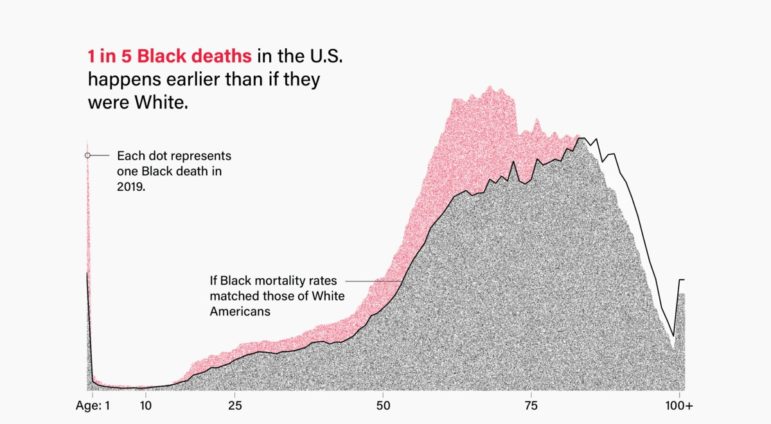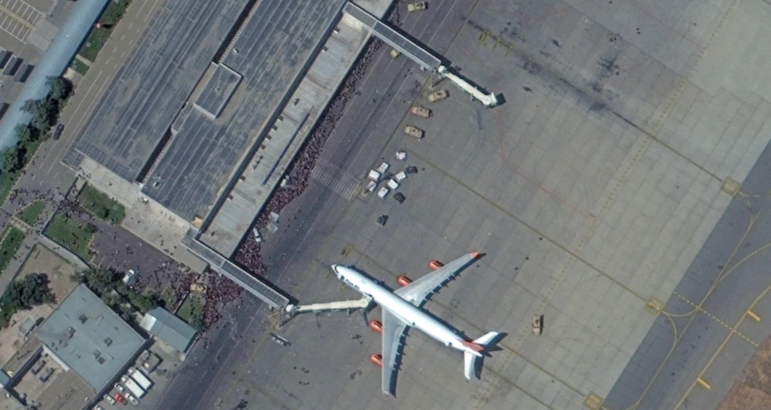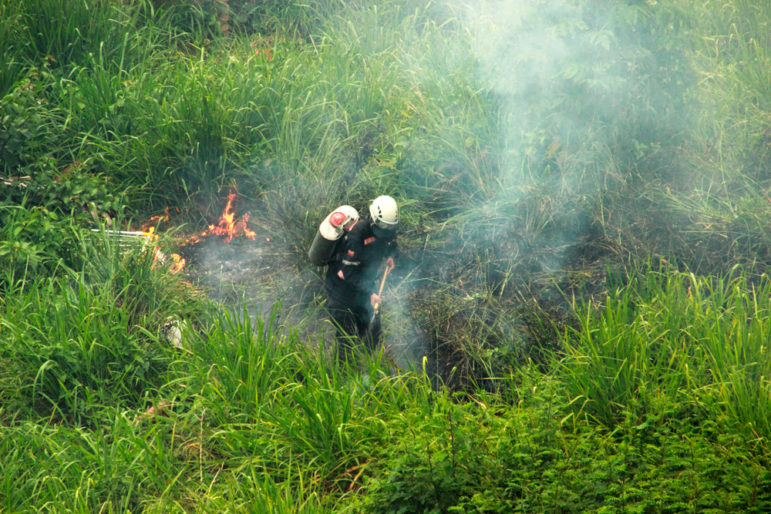
Data Journalism
Data Journalism Top 10: Merkel’s Legacy, Russia’s Politics, Korea’s Missiles, Melting Ice Archives
Tracking the most popular data journalism stories on Twitter from September 13 to September 19, using NodeXL mapping and our own human curation, we found projects by Reuters and the German newspaper Morgenpost analyzing Merkel’s legacy in numbers. In this edition, we also feature a story looking into North and South Korea’s missile programs, a piece on school segregation in the United States, and more worrying climate change revelations.









